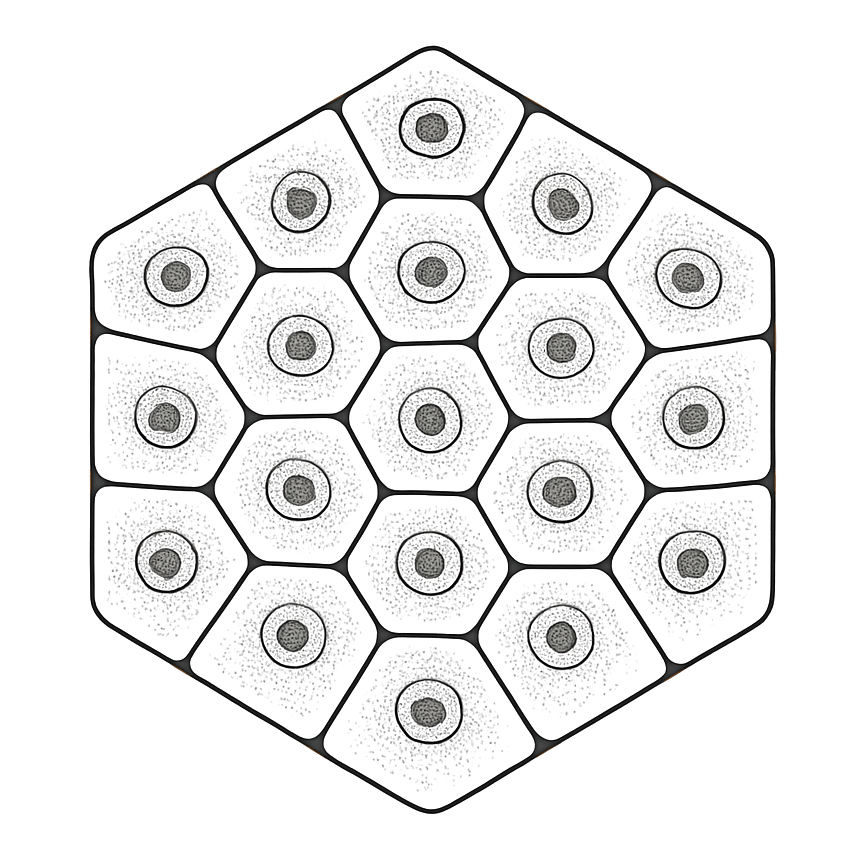Swimming, Sea Water and Chlorine

Swimming is an excellent, low-impact form of exercise for people with rosacea, but the water environment—whether a chlorinated pool or the salty sea—can pose challenges for sensitive or rosacea-prone skin.
Is sea water beneficial?
Sea water is probably not beneficial but it can be less irritating then swimming pools. Nevertheless, the high salt content can be dehydrating. If you swim in the sea, it's crucial to rinse your face with fresh water and apply moisturiser immediately after.
How to protect skin in pools?
Chlorine is a harsh chemical that can strip the skin's protective barrier, leading to dryness, irritation, and potential flares. Before swimming, apply a thin layer of a simple, occlusive moisturiser to your face. This creates a physical barrier between your skin and the chlorinated water. As with sea swimming, rinse your face with clean water and reapply your regular moisturiser as soon as you get out of the pool.
Related articles
- Exercise Without Flushing
- A Simple Rosacea-Safe Skincare Routine
- Moisturisers That Don’t Sting Sensitive Skin
How I can help
My NHS practice is at Guy's Hospital. I consult with private patients at several well-appointed and conveniently located sites across central London:
- London Bridge Hospital: Conveniently situated within The Shard, next to London Bridge station.
- Skin55 Ltd: Located at 55 Harley Street, this beautiful Edwardian building houses one of the largest private dermatology facilities in the UK with a comprehensive laser suite.
- OneWelbeck: Located close to Bond Street underground station. Mohs surgery, lasers, and other skin surgeries are performed in the state-of-the-art surgical suite here.
A new consultation is £250, a follow up consultation is £220. For more information on fees, please visit Prices.

